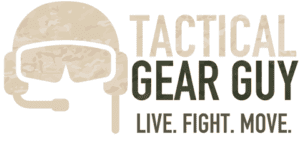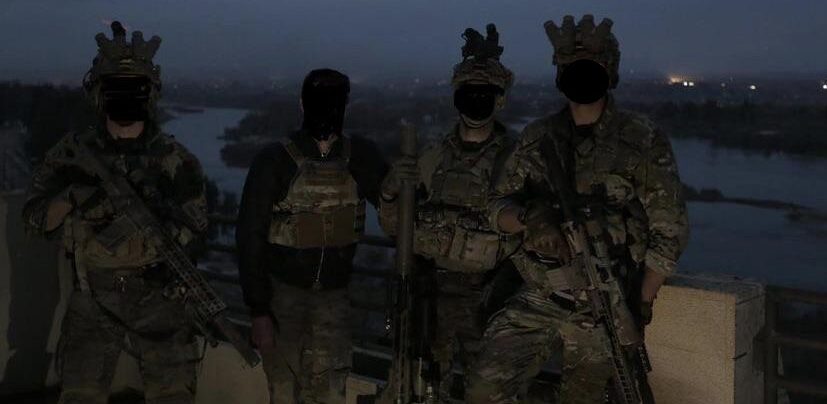For years, Canadian Forces snipers have been making a name for themselves as some of the most proficient snipers in the world. A team of Canadian snipers with the Tier 1 special forces unit, Joint Task Force 2 (JTF2), broke the world record for the longest confirmed kill at 3,540 meters during the Kurdish operation to liberate Mosul from ISIS in 2017.
What’s funny is that typically people imagine elite snipers being in the prone position in all their tactical gear not moving for hours or days at a time. This team of JTF2 snipers were chilling in a hotel room in their Multicam pants, t-shirt, flip flops, and sipping Gatorade! Work smarter, not harder.
Out of the four longest confirmed kills, Canadian Snipers hold 3 of those 4 positions. The #2 spot being help by a British Sniper team. Needless to say, Canadian Snipers have some serious skill when it comes to long distance shooting.
This isn’t just recently either, but since WWI, Canada has been near the top at having the best snipers in the world.
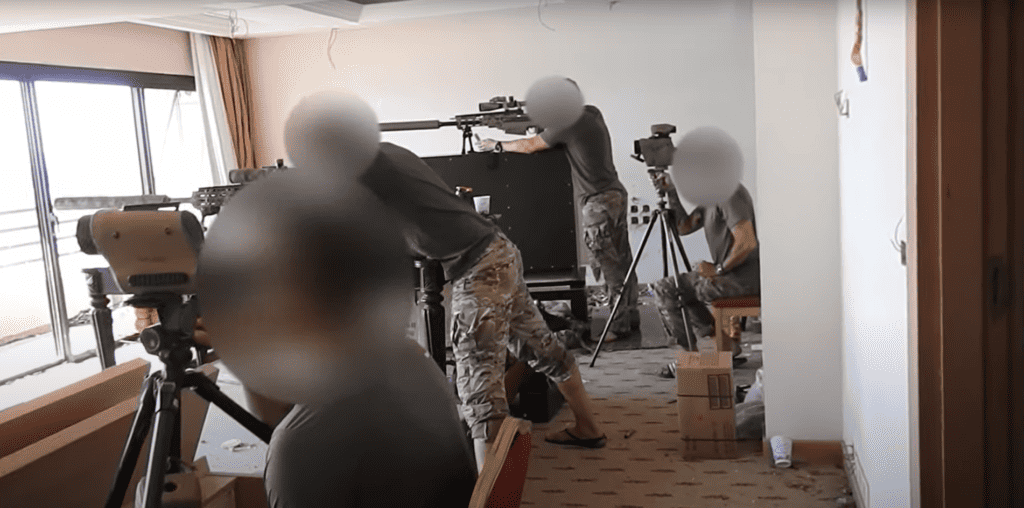
Why are Canadian Snipers so good?
You’ve heard the phrase, “practice makes perfect.”, well… for Canadian Snipers they would say, “Perfect practice makes perfect.” The level of training and effort that you do and perform is going to give you similar results. You reap what you sow.
Canadian Forces Snipers are trained at Combat Training Centre at 5th Canadian Division Support Base Gagetown in New Brunswick. There, they are taught the skills and theory of being a sniper. It’s not as simple as going out in a field and practice hitting a target from 500 meters away. The training is rigorous and grueling.
Another reason why Canadian Snipers are some of the best in the world is because of the training area available to them, as well as the multi-national training that takes place at 5CDSB Gagetown. During this training, snipers are able to trade tactics and practices that works best for them.
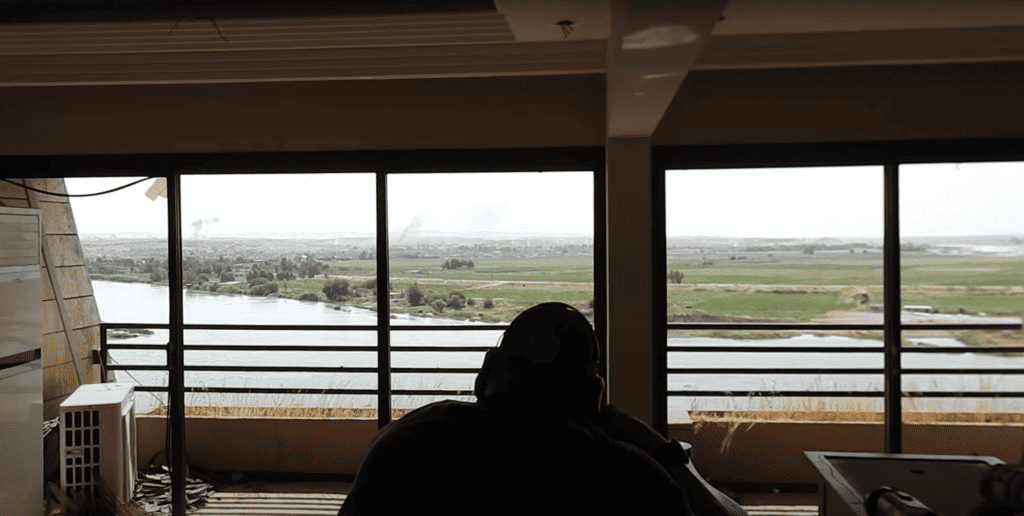
How do you become a Sniper in the Canadian Forces?
In order to become a sniper in the Canadian Forces, you have to first be in the Infantry. Complete basic training, your soldier qualification (or Basic Land) course, go through and crush your DP1 course (specific course for Infantry).
After all that, you’ll end up at your Regiment. Either the Royal Canadian Regiment (RCR), Princess Patricia’s Canadian Light Infantry (PPCLI), or the infamous Royal 22nd Regiment (R22R) also known as the Van Doos.
After spending some time at Regiment, your next step will be to complete the Reconnaissance (RECCE) course. On top of all that, you must achieve Marksmanship on the personal weapon test with the C7. You’ll now have the prerequisites to go on your Basic Sniper Course.
What rifle do Canadian Snipers use?
The Canadian Forces have recently acquired the Sako TRG M10 bolt-action sniper rifle chambered in .308 (7.62x51mm) and .338 Lapua Mag, designated the C-21 MCSW (Multi-Caliber Sniper Weapon). This is an impressive sniper built by the Finnish company and could be used for the next 20+ years by the Canadian Forces.
You can read up on the purchase by the Canadian Armed Forces on Sako’s global website.
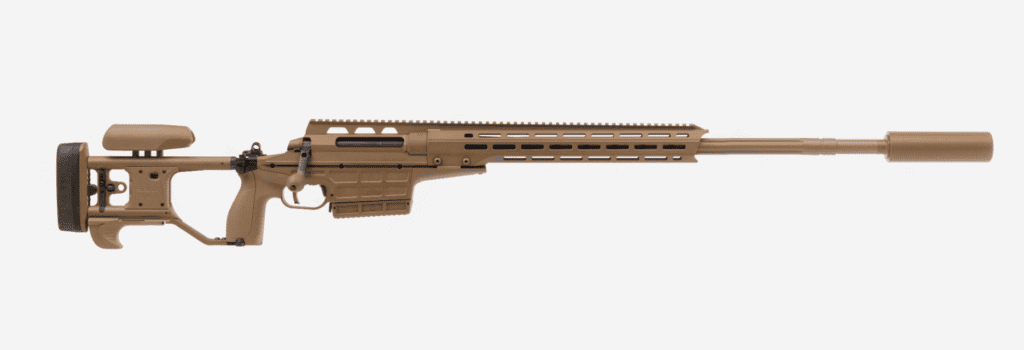
The C-21 Sako TRG M10 is an impressive sniper rifle for many different reasons. It has an adjustable trigger pull between 2 – 4 pounds, full length picatinny rail for your scope on top, M-LOK for other accessories, adjustable butt stock and cheek pad, and interchangeable barrel/bolt system, to name a few.
Canadian Snipers are arguably the best in the world, and they have the records to prove it. This is due to multiple factors, such as having a capable weapon system, quality training, as well as training with other nations who have some seriously skilled snipers.
If you want to be the best, you need to train with the best.
